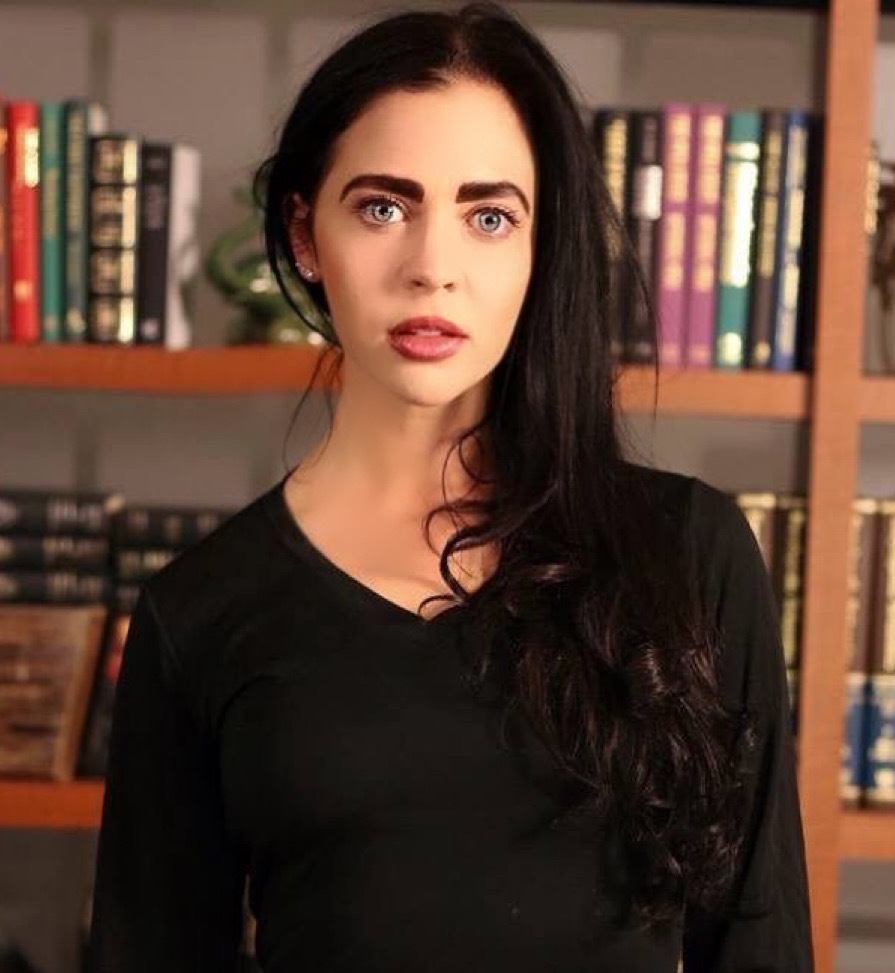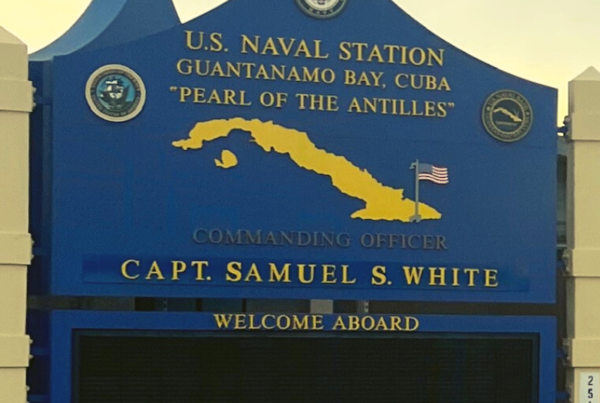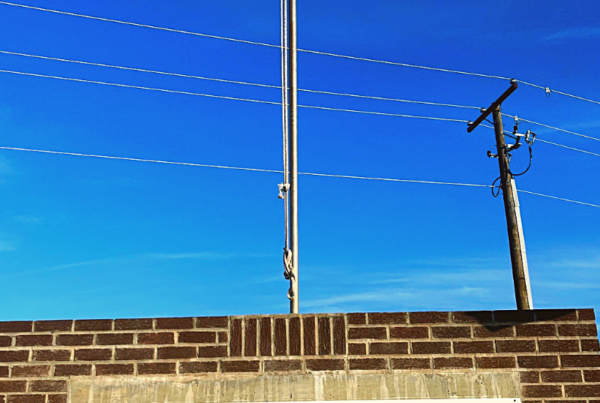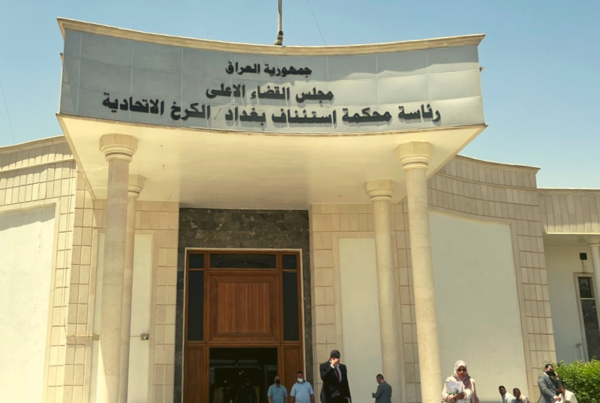Ten years ago, Kris Paronto – better known as “Tanto” – endured the most brutal night of his already extensive military career. It was 13 hours that would immediately become etched into the dark side of American history, triggering political chaos and a lengthy congressional investigation rife with finger-pointing and indignation.
Indeed, when most Americans hear “Benghazi” now, they think first of the fateful early hours of September 12, 2012, rather than just a seaside city in Libya. That night, armed militants overran security at U.S. diplomatic and intelligence facilities in the fragile nation, which was left lawless and broken following the assassination of longtime dictator Muammar Gaddafi three weeks earlier. Insurgents, linked to terror faction Ansar al-Sharia, killed United States Ambassador to Libya Christopher Stevens, State Department Information Management Officer Sean Smith, and contracted diplomatic security agents Glen Doherty and Tyrone Woods.
But even a decade after the tragedy, the questions left unanswered are not insignificant. The reasons for not increasing security following recommendations and the Ambassador’s arrival in Benghazi from Tripoli are still debated, as are why reinforcements were not deployed as the onslaught was going down, or where exactly the weapons used by the rebels came from, or how and why U.S. officials immediately pegged the calamity on a poorly made, anti-Islam short film on YouTube entitled “The Innocence of Muslims” rather than interpreting it as a deliberate terrorist attack.
For Tanto, a retired U.S. Army Ranger turned CIA security contractor, it is still tough to comprehend how things spiraled so dramatically out of control and the lack of subsequent truth and accountability. Yet he no longer allows resentment to push him to the edge, nor eat away at his second chance at life.
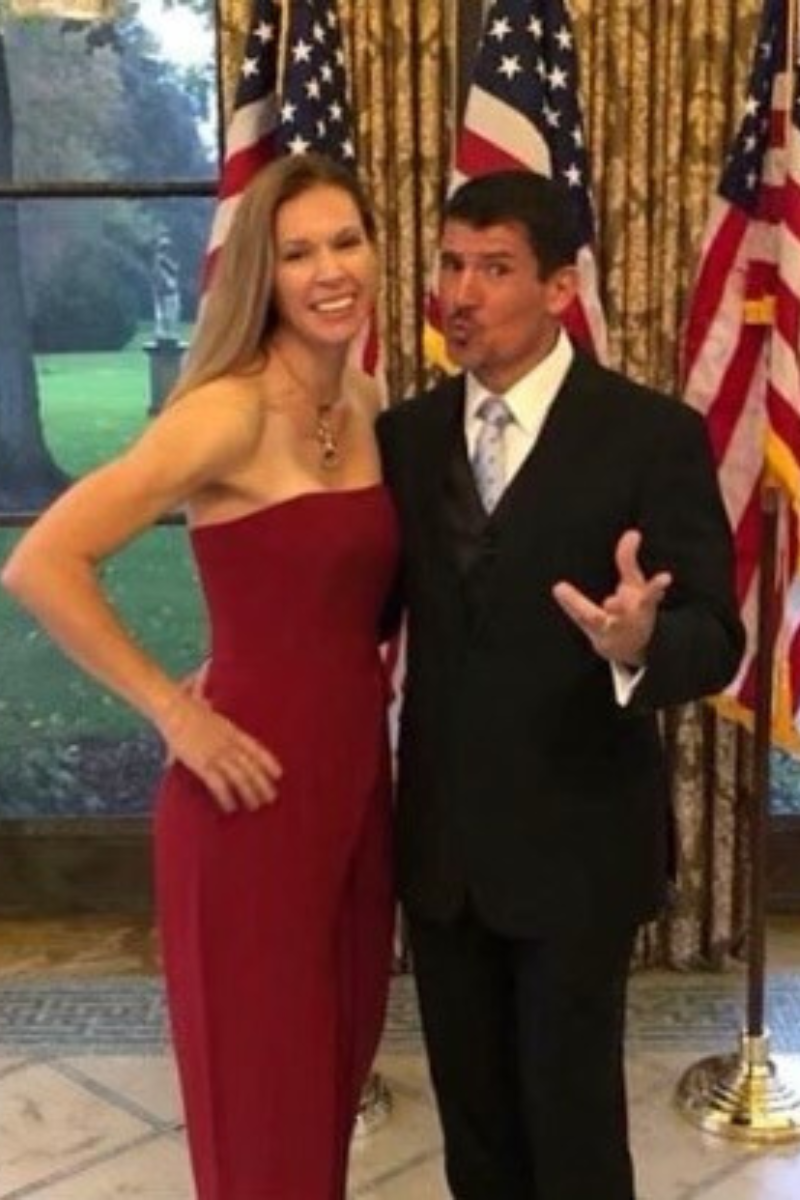
“I’ve come to terms with all the (covering up and lack of justice). Remember, both sides of the political aisle were involved in this,” Tanto, now 51, tells me calmly one summer morning from his Midwest home. “Both sides want to protect each other, so the truth might never come out. That is why it is called the swamp. But that is all fine with me. I am a very strong Christian; I believe we will all be held accountable when we meet our maker.”
Over the many years that I have known Tanto – who was thrust into the public limelight following the 2014 release of his co-authored book “13 Hours: The Inside Account of What Really Happened in Benghazi,” turned into a Michael Bay blockbuster in 2016 – it has always been jarringly apparent just how much Benghazi haunted him, a bruised shadow that persistently followed and a weight that stayed fixed on his shoulders.
The former combat soldier – riddled by a fusion of survivors’ guilt, post-traumatic stress, and frustration that his own country had flung some of their finest to the slaughter – routinely and passionately condemned then-Secretary of State Hillary Clinton for her failure to act. He spent years doing the media rounds, purporting to do whatever he could to draw attention to the nightmare night, unwavering in his fight for the truth to be heard.
Nonetheless, there is often an untold price to pay when exposing one’s soul to a hate-fueled world, something Tanto learned the hard way up until a few years ago when he turned away from cable television once and for all.
“I never got into politics until the book, and then the movie came out. I could not have given two shits; I just liked doing my job,” he continues thoughtfully. “One day, I got off an interview with Fox and thought, why the hell am I yelling and screaming and condemning these people? I have my own condemnations to account for.”
Tanto describes that moment as a “reckoning,” an epiphany that ultimately changed his life and prompted him to put together the pieces of a severed marriage, which for too long became second fiddle to his television engagements.
“I’m in control finally, and I have no problem telling people no. I stopped doing all the interviews, all the mainstream ones anyway, and suddenly everything in my life got so much better,” he asserts. “I stopped watching it (mainstream media) too; I don’t think people realize how manipulative it all is. People get addicted to it, which is not how anybody should live.”
The veteran notes, however, that he still enjoys doing podcasts (and chatting to friends for feature stories, ahem), but his discussions are no longer political: they are all about firearms, faith, and freedom. Nevertheless, the Bay movie holds a special cemented legacy in telling the globe what happened 10 years ago, and he can instead keep the memories a little closer to the chest.
“I watch it about once a year; I make myself watch it. Of course, it gets harder every year, but that is okay. I don’t mind feeling all that emotion because I remember everything, exactly what was going on,” Tanto recalls. “It was a big part of my life that will be part of history forever and never go away because of that film. It is something I am very proud of.”
Today, he continues to deliver occasional keynote speeches and illuminate a lifetime of heavy experiences into lessons and words of wisdom he can parlay to the public.
“I’m not doing any more political speeches, and I have changed the way I talk about Benghazi. All the stuff about being left behind that has been beaten like a dead horse, and everyone knows all of that, I don’t need to keep talking about it,” Tanto says with a sigh. “But the story of Benghazi now is about reflection, overcoming adversity, and not just that night but through my whole life and military career. I have changed my approach to be more motivational than political, how we can all deal with and learn from obstacles in our past. Speaking has become very therapeutic for me.”
Tanto moved into the sleepiest of sleepy Kansas hollows with his three children and wife, Tanya – whom he divorced around when the film came out in 2016 following a year of separation. They rekindled their relationship in 2018 after Tanto parted ways with the toxic political limelight to face the inescapable demons. The couple, bonded by all the trials and tribulations, remarried again last year.
“We reconciled and started to work things out during 2018 and 2019,” Tanto recounts. “It was the right thing to do and what I wanted to do. I know it was the right decision because I am a heck of a lot happier.”
But making up for the lost years spent downrange, bouncing from one danger zone to the next, and then in a state of absentee or anger even when stateside has proven to be a little more challenging with the two eldest of three kids, a son and daughter respectively.
“I spend as much time with my family as possible. I didn’t get a chance to really be a father to my seven-year-old because, throughout the first ten years of his life, I was gone. And even when the deployments ended, I would be off somewhere like South America doing anti-trafficking, anti-kidnapping missions,” Tanto observes. “And the same goes for my 14-year-old. I wasn’t here for the first seven years of her life.”
It is the only time I watch his jovial face fall and voice choke just a little.
“Honestly, I missed a lot, and it hurts. And I know it hurts for them because I haven’t missed those years with my six-year-old,” he explains softly. “I’m going to those soccer games, to swimming.”
Yet, the regrets stem not only from nights and days spent far and wide but from the residual impact of life in the firing line. Tanto notes that the family was at Olive Garden one cool evening a few years ago, just as he was getting his head together again when his eldest pointed out how patient his father was with his younger brother. Instead, he said bluntly, “you are so much nicer to him than you were to me.”
“That’s when it hurt when it hit home. He was right. I used to get very angry at him because I was angry at myself,” Tanto admits. “I’ve had to apologize for a lot.”
Together, they live a rural life of corn fields that seem to go on forever, Lego-like rolling hills, potbellied stoves and prairie winds. In Tanto’s mind, a house on the edge of the Ozarks is the paradise he has long been looking to call home. Daily life revolves around a run to the local gun shop to get a trigger reset, errands at the local small-town post office, or visiting local ranges in between Wichita, Tulsa and Kansas City to instruct everyone from Air Force cadets to aspiring civilian marksmen on how to lock and load and fire. Tanto is all about enjoying the camaraderie of the Second Amendment community and showing people that it is not just made up of God-fearing, Trump flag-waving extremists.
“At the end of the day, we are all just like everyone else. We sit around and bullshit, maybe have some food and a cigar or make smores. Those mundane things are what is important,” he emphasizes.
And his own life purpose has never been more apparent, even more so than it was during the decades he spent fighting for his beloved red, white and blue. In many ways, everything in Tanto’s life has changed since Benghazi – everything and nothing. But, like many of us, we are always forgetting and remembering the tragedy of 10 years ago.
“My purpose is to be the best husband and father I can be and the best mentor to the community. I want whatever I do to make a difference. I have no problem being candid with people. We are all human, and we all screw up,” Tanto adds, his pitch rising in enthusiasm. “But we can overcome.”
